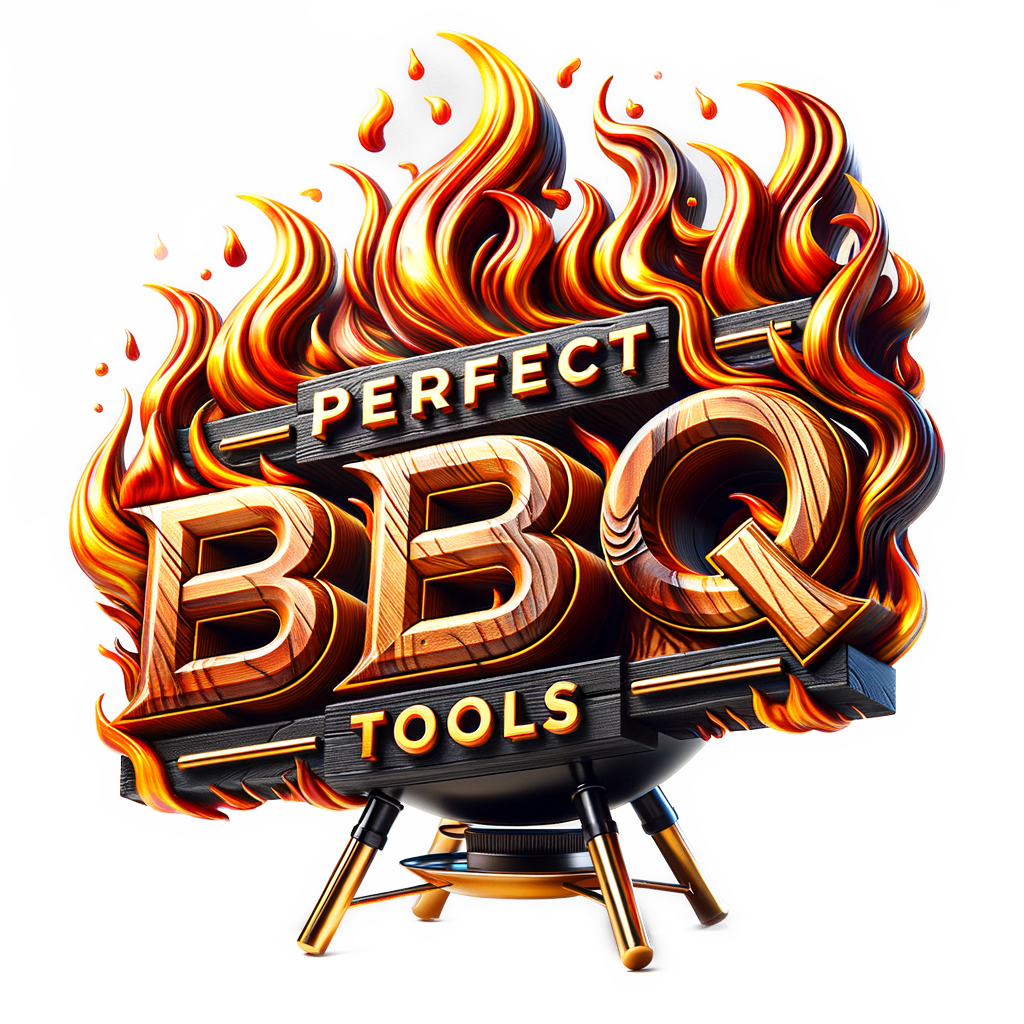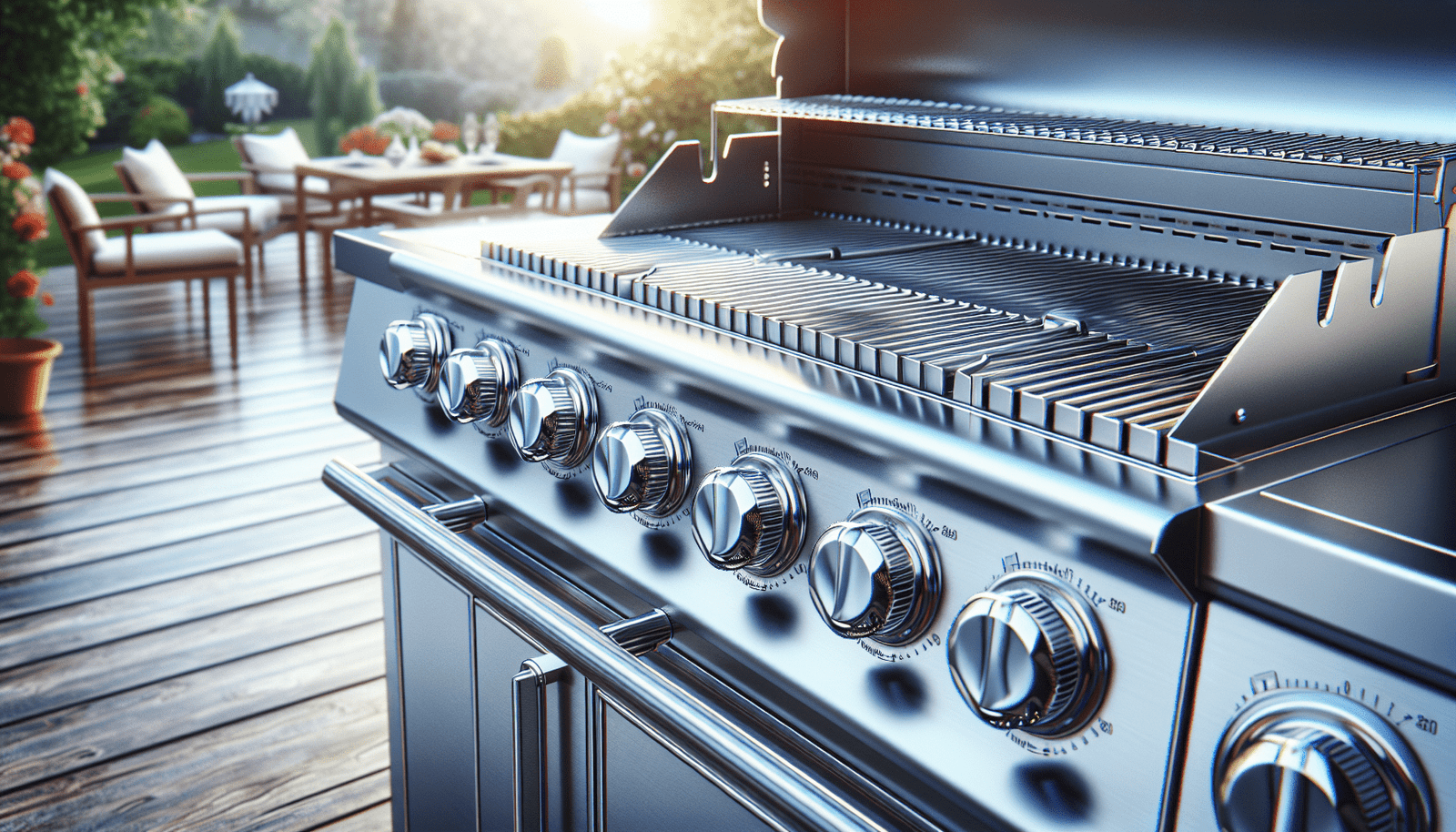Are you fascinated by the sleek, multi-burner grills and curious about how they operate so efficiently? In “How Does A Grill With Multiple Burners Work?” you will explore the inner workings of these versatile cooking machines. You’ll discover how each burner contributes to creating the perfect grilling experience, whether you’re searing steaks or slow-cooking ribs. This journey will demystify the mechanisms behind temperature control, heat distribution, and burner coordination, allowing you to master your grill and elevate your outdoor cooking game. Have you ever wondered how a grill with multiple burners works? If you love outdoor cooking or are simply curious about the mechanics behind your barbecue, you’re not alone! Many people enjoy the versatility and convenience of grills with multiple burners, but understanding how they function can make your grilling experience even better.
What Are Grill Burners?
The Basics of Grill Burners
Grill burners are the heart of any gas grill. They are the components responsible for heating the grill to cook your food. Burners create the flame that provides the cooking heat, and their efficiency directly impacts your grilling experience.
Types of Burners
There are several types of burners, including stainless steel, cast iron, and brass burners. Each type has its own strengths and weaknesses:
| Type of Burner | Strengths | Weaknesses |
|---|---|---|
| Stainless Steel | Rust-resistant, durable | Higher cost |
| Cast Iron | Excellent heat retention, even heating | Prone to rust, requires maintenance |
| Brass | Corrosion-resistant, long-lasting | Expensive |
How Multiple Burners Enhance Grilling
Temperature Control
One of the primary advantages of having multiple burners is the ability to control the temperature across different zones of your grill. This allows you to create distinct cooking areas, so you can simultaneously cook different foods requiring different heat levels. This process is often referred to as “zone cooking.”
Indirect Cooking
With multiple burners, you can easily set up your grill for indirect cooking. This method involves turning off one or more burners to create a cooler area on the grill. You can place larger cuts of meat or delicate items in this zone, allowing them to cook more slowly and evenly without direct exposure to the flames.
Versatility
Having multiple burners gives you the flexibility to experiment with various grilling techniques and recipes. From searing steaks on high heat to slow-smoking ribs, the possibilities are endless when you can control individual burner settings.
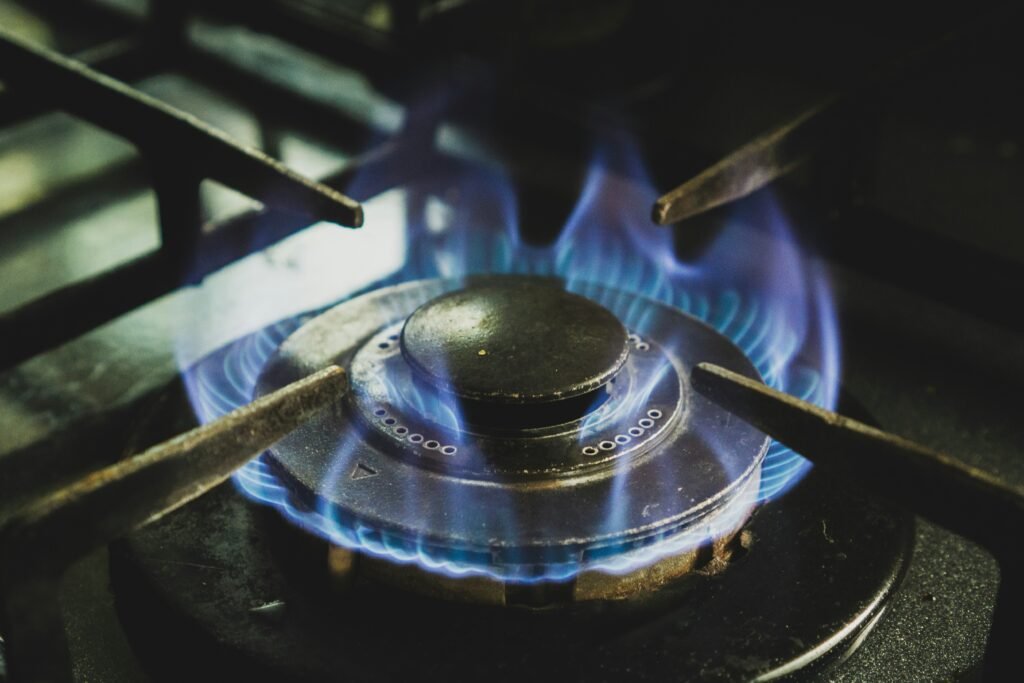
The Anatomy of a Multi-Burner Grill
Main Components
A multi-burner grill consists of several key components working together to ensure it functions efficiently:
| Component | Description |
|---|---|
| Burners | Produce the heating flame. |
| Knobs/Controls | Allow you to adjust the temperature of each burner individually. |
| Ignition System | Ignites the gas to create the flame. |
| Gas Supply | Typically comes from a propane tank or natural gas connection. |
| Flavorizers/Bars | Located above burners to distribute heat and vaporize drippings, enhancing flavor. |
| Cooking Grates | The surface where you place your food, usually made of cast iron or stainless steel. |
| Drip Tray | Collects grease and drippings for easier cleanup. |
How Do Burners Work Together?
Lighting the Burners
Each burner on your grill is equipped with an ignition system, usually a piezoelectric starter or electronic ignition. Pressing the ignition button generates a spark, lighting the gas flowing through the burner tubes. This initial activation creates the flame needed for cooking.
Adjusting Flame Intensity
The control knobs let you regulate the flow of gas to each burner, which in turn adjusts the flame intensity. This step is crucial for achieving the desired cooking temperature. Different foods require different levels of heat, and multiple burners give you the precision to dial in exactly what you need.
Creating Cooking Zones
With multiple burners, you can easily establish distinct cooking zones on your grill. For instance, you might have one section set to high heat for searing, while another is set to low for gentle cooking or warming. Here’s a basic example of how you might set up a three-burner grill for zone cooking:
| Burner 1 (Left) | Burner 2 (Middle) | Burner 3 (Right) |
|---|---|---|
| High heat (450-500°F) | Medium heat (350-400°F) | Low heat (250-300°F) |
This setup allows you to move food around the grill to cook it perfectly, depending on its specific needs.
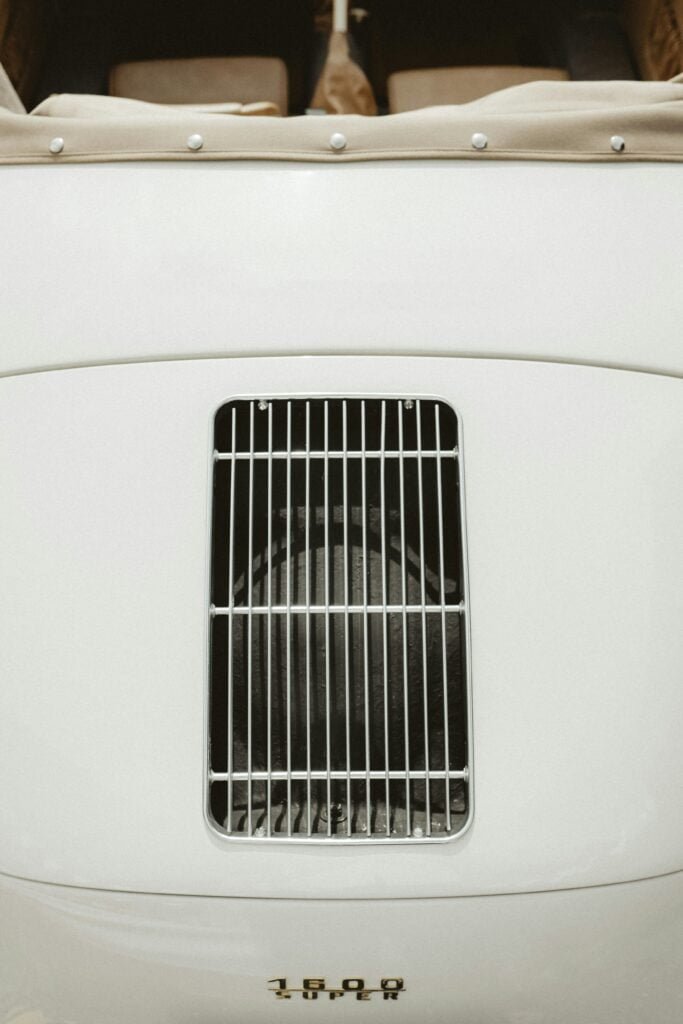
Advanced Uses of Multi-Burner Grills
Smoking
Smoking food involves cooking at a low temperature for an extended period, infusing it with a smoky flavor. With a multi-burner grill, you can turn off one or more burners to create a “cool zone” where the food can smoke slowly. Adding a smoker box with wood chips further enhances the smoky flavor.
Rotisserie Cooking
Some multi-burner grills come with rotisserie attachments. The multiple burners help maintain a consistent temperature throughout the grilling area. You can achieve juicy, evenly-cooked rotisserie chicken, roasts, or other large cuts of meat.
Searing Station
A dedicated sear burner or high-powered section of your grill allows you to quickly sear the exterior of your food. This process locks in juices and creates a flavorful crust. Once seared, you can move the food to a lower-heat zone to finish cooking.
Maintenance and Troubleshooting
Regular Maintenance
To ensure your grill performs at its best, regular maintenance is essential:
- Clean the Burners: Remove any debris or food particles that could clog the burner holes, affecting performance.
- Check Gas Connections: Inspect hoses and connections for leaks or damage.
- Season Cast Iron Components: If your grill has cast iron grates or burners, season them regularly to prevent rust.
- Empty the Drip Tray: Regularly empty and clean the drip tray to avoid grease fires.
Troubleshooting Common Issues
Even with proper maintenance, you might encounter issues with your multi-burner grill. Here are some common problems and their solutions:
| Problem | Possible Cause | Solution |
|---|---|---|
| Uneven heating | Clogged burner holes | Clean the burner to ensure even gas flow |
| Burner won’t ignite | Faulty ignition system | Check the battery or replace the ignitor |
| Low flame output | Obstructed gas lines | Inspect and clean gas lines |
| Yellow or sooty flames | Incorrect air-to-gas ratio | Adjust the air shutter on the burner |
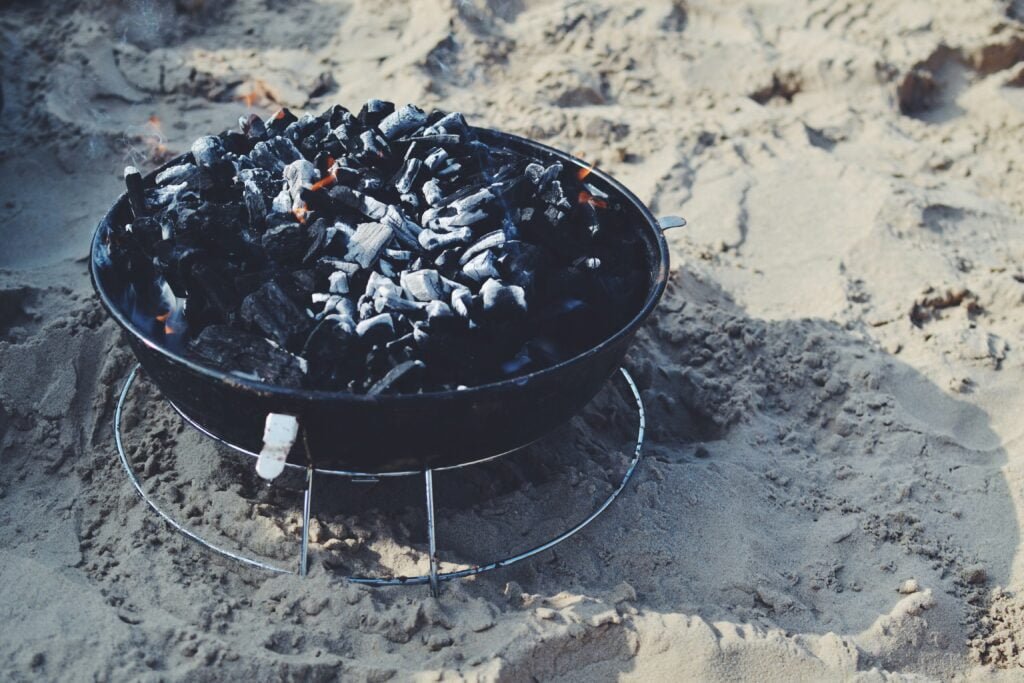
Conclusion
Understanding how a grill with multiple burners works can transform your outdoor cooking sessions. Whether you’re searing a steak, smoking ribs, or simply grilling burgers, the ability to control each burner independently opens up a world of culinary possibilities. From temperature control and creating cooking zones to advanced techniques like smoking and rotisserie cooking, multi-burner grills offer versatility and convenience.
Don’t forget the importance of regular maintenance and troubleshooting to keep your grill running smoothly. Now that you’re equipped with this knowledge, you can grill with confidence, knowing that you’ve mastered the ins and outs of your multi-burner masterpiece. Happy grilling!
